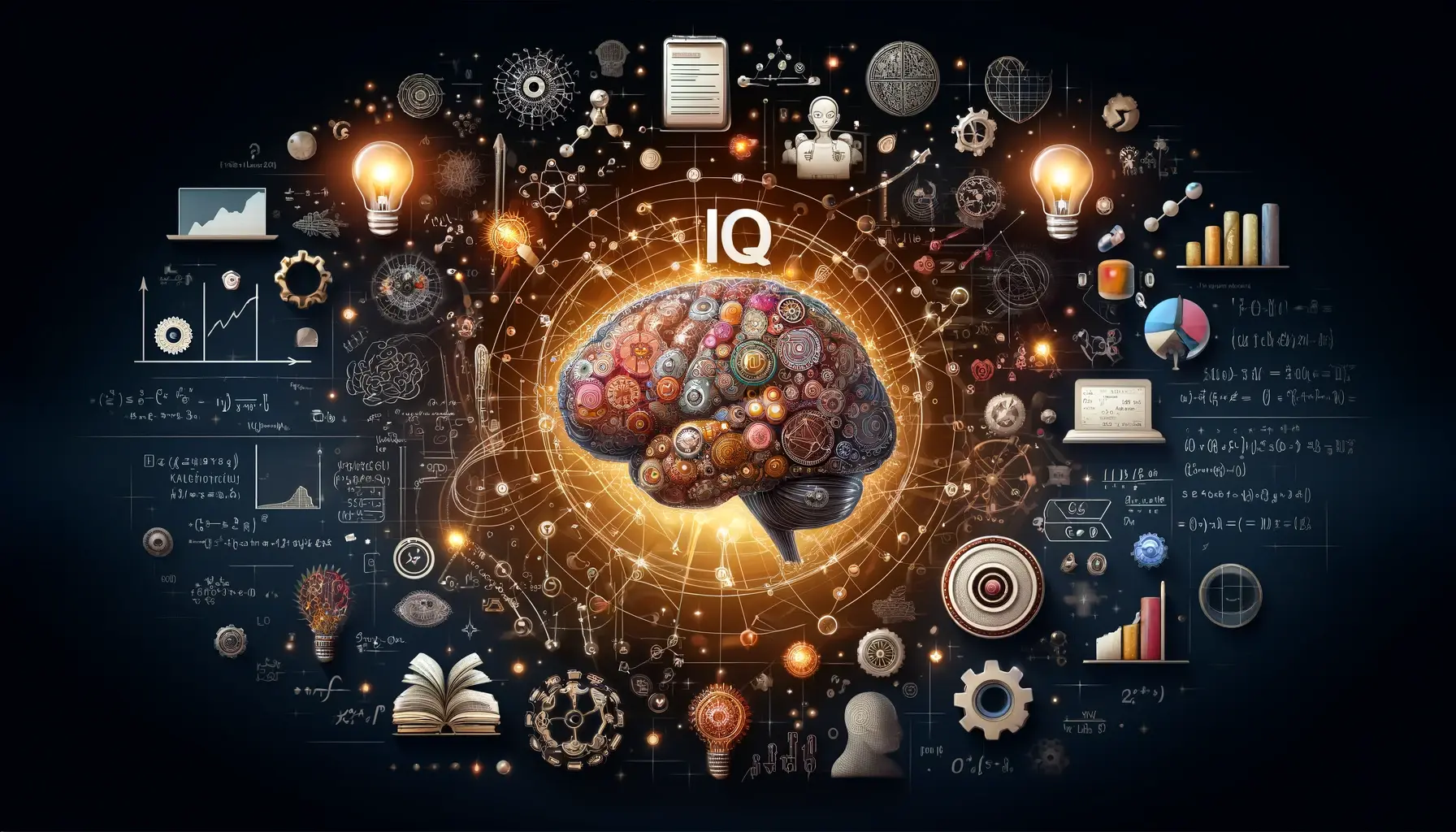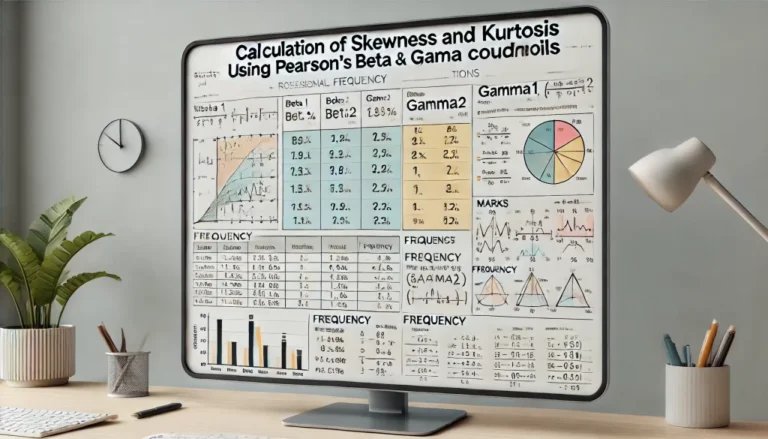Unlocking the Power of IQ Puzzles
When it comes to sharpening the human mind, IQ puzzles play a unique role. They are more than just simple brain teasers; they challenge logic, creativity, and problem-solving skills in ways that ordinary activities cannot. Unlike passive entertainment, these puzzles actively engage different parts of the brain, encouraging quick thinking and deeper reasoning.
In today’s fast-paced world, training the brain is as important as training the body. Solving IQ puzzles provides that mental workout. Whether you are a student aiming to boost concentration, a professional looking to improve analytical skills, or someone simply enjoying the thrill of problem-solving, these puzzles bring measurable benefits.
What Makes IQ Puzzles Special?
Not all puzzles are created equal. IQ puzzles are carefully designed to test mental capacity, memory, reasoning, and sometimes creativity. They go beyond simple riddles by involving logical connections, numerical reasoning, or pattern recognition.
A major characteristic of IQ puzzles is their ability to adapt to different levels of complexity. Beginners can start with simple logic questions, while advanced problem-solvers can try intricate designs involving mathematical formulas, spatial arrangements, or abstract thinking. This flexibility ensures that every individual can find a challenge suited to their level.
Benefits of Solving IQ Puzzles
Engaging with IQ puzzles offers more than just entertainment. Here are some key advantages:
1. Improved Critical Thinking
Each puzzle requires breaking down a problem into smaller steps. This builds the ability to analyze situations, identify patterns, and develop solutions systematically.
2. Boost in Memory
Some IQ puzzles require remembering sequences, shapes, or hidden clues. Over time, this strengthens both short-term and long-term memory.
3. Enhanced Creativity
Although logic is at the core, many puzzles demand out-of-the-box thinking. This helps boost creativity, which is useful in both academic and professional life.
4. Stress Reduction
Solving puzzles can be relaxing. Focusing on a mental challenge allows the mind to temporarily escape daily stress while still being productive.
5. Academic and Career Growth
Students who practice IQ puzzles often show improvement in mathematics, reasoning, and reading comprehension. In professional environments, puzzle-solving sharpens analytical decision-making, making employees more resourceful.
Types of IQ Puzzles
There are countless variations of IQ puzzles, but most fall into a few major categories:
Logical Puzzles
These require structured reasoning. Examples include syllogisms, deduction games, and true-or-false scenarios.
Mathematical Puzzles
Equations, number patterns, and arithmetic riddles test numerical reasoning. These puzzles are especially effective in strengthening problem-solving speed.
Visual Puzzles
Also known as pattern-recognition puzzles, these challenge players to identify differences, spot hidden shapes, or complete visual sequences.
Word Puzzles
Crosswords, anagrams, and sequence-based challenges test vocabulary, grammar, and verbal reasoning.
Creative Puzzles
Some puzzles cannot be solved with logic alone. They require abstract or lateral thinking, pushing the solver to look at problems from unusual angles.
How IQ Puzzles Help in Daily Life
The skills developed through IQ puzzles often transfer to real-world scenarios. For example:
- A student who regularly solves mathematical puzzles may find exam problems easier to decode.
- A manager who practices logical puzzles might make faster and clearer decisions in business meetings.
- A creative professional who engages with visual or abstract puzzles often gains new ways of approaching design or writing tasks.
This shows that the benefits of IQ puzzles go far beyond the page or screen—they help strengthen thinking in everyday life.
Tips for Solving IQ Puzzles Effectively
While solving puzzles is fun, there are strategies to maximize benefits:
- Start Simple – Begin with easier IQ puzzles before moving to advanced ones. This builds confidence and prevents frustration.
- Practice Regularly – Like physical exercise, consistency is key. Even ten minutes a day can sharpen thinking skills.
- Focus on Patterns – Many puzzles are based on hidden structures. Spotting recurring themes can help find solutions faster.
- Stay Patient – Some puzzles are designed to be tricky. Taking short breaks often helps in discovering answers.
- Challenge Yourself – Gradually increase puzzle difficulty to keep the brain engaged and growing.
Why IQ Puzzles Are Perfect for All Ages
One of the best things about IQ puzzles is that they suit people of all age groups. Children gain early cognitive development, teenagers sharpen academic performance, adults keep their minds sharp, and seniors benefit from memory retention.
Unlike many activities that are age-restricted, IQ puzzles offer universal appeal. Families can even solve them together, turning puzzle time into a fun bonding experience.
The Future of IQ Puzzles
With technology advancing, the world of IQ puzzles is expanding. Online platforms now provide interactive versions with real-time feedback. Some apps even adapt puzzle difficulty based on a player’s performance.
Artificial intelligence is also being used to create personalized IQ puzzles that target specific cognitive skills. This makes puzzle-solving not only fun but also a form of customized mental training.
Final Thoughts
In a world where distraction is constant, IQ puzzles stand out as a timeless tool for focus, learning, and growth. They are not just games; they are powerful exercises for the brain. By practicing regularly, anyone can enhance memory, creativity, and reasoning ability.
So, the next time you want a productive challenge, skip the mindless scrolling and dive into IQ puzzles. You’ll be training your mind while enjoying the process—and perhaps even making Einstein proud.






